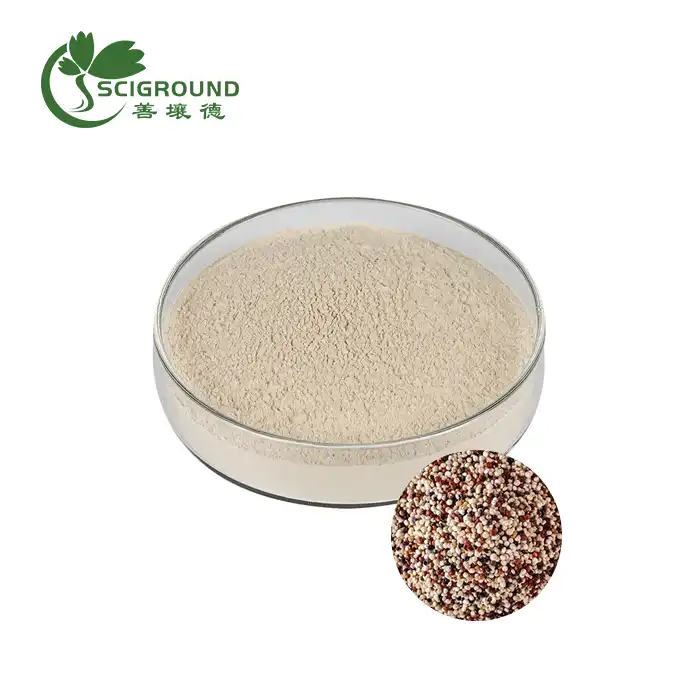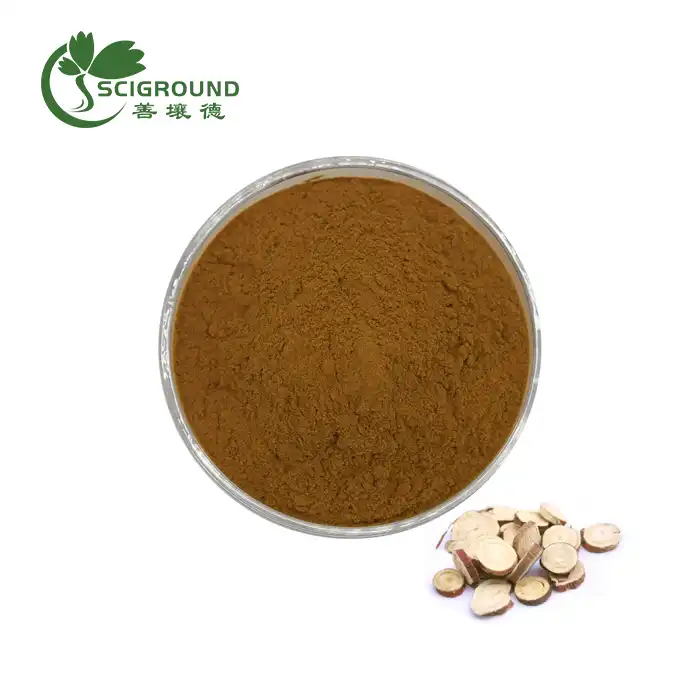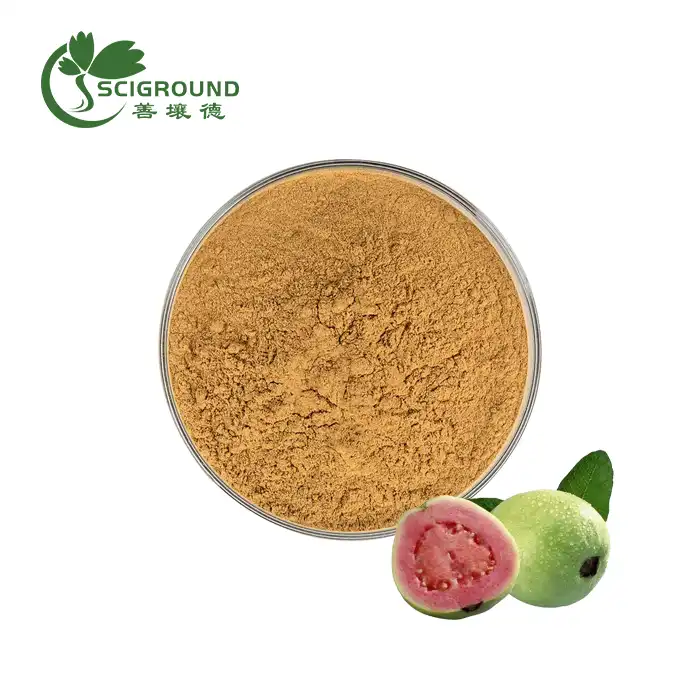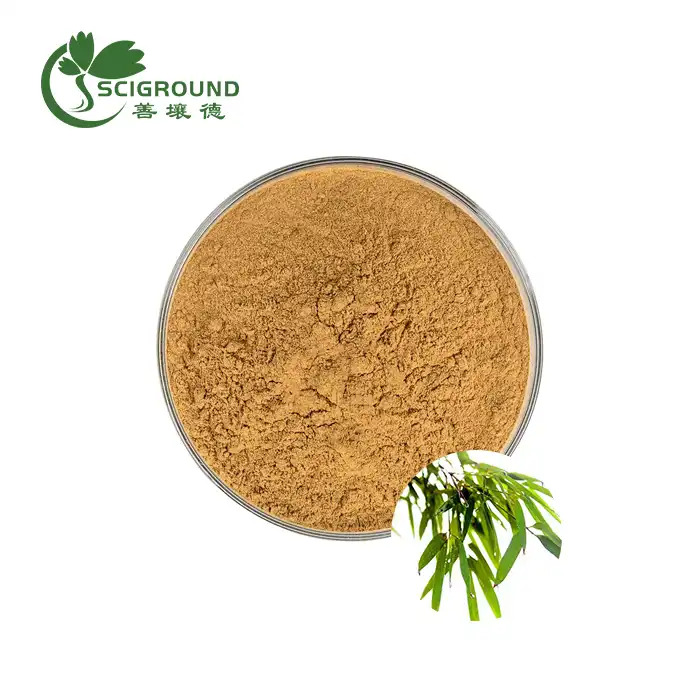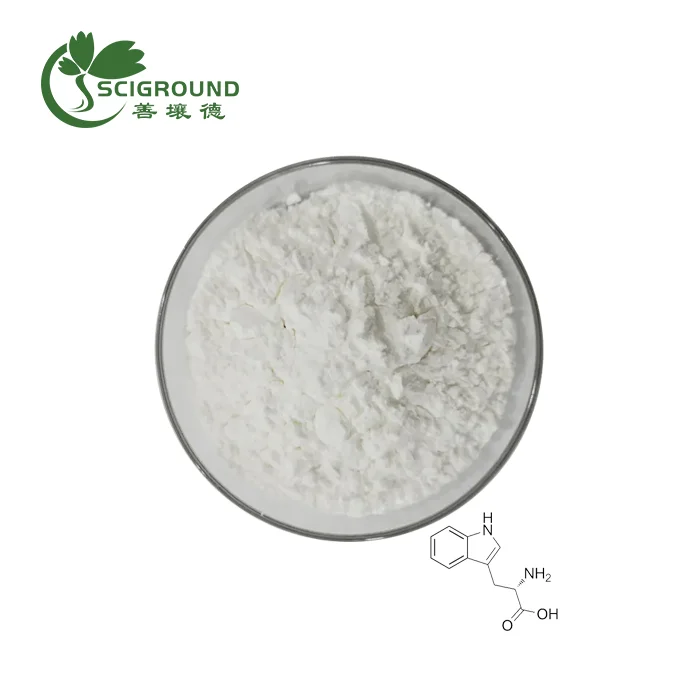BCAA Side Effects
With over 20 years of expertise developing and researching branched-chain amino acids (BCAAs), I'm often consulted about potential side effects from supplementation. Here I'll review the scientific evidence around adverse reactions reported with BCAA intake like acne, hair loss, headache, heart issues, kidney damage, rashes, sleeplessness, and stomach upset.
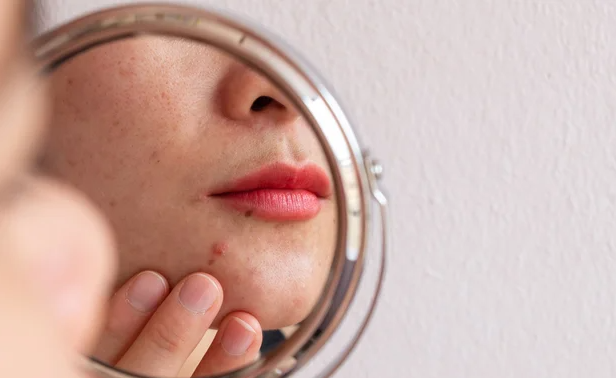
Can BCAA Cause Acne?
There is limited evidence that BCAA supplementation alone causes acne. More research links high leucine intake with improved skin appearance and wound healing (1).
However, some conditions where BCAAs may exacerbate acne include:
Puberty - Fluctuating hormones like IGF-1 and insulin during adolescence contribute to acne, which amino acids may compound (2).
Hypersensitivity - Those with clinical hypersensitivity to BCAA powder could experience skin reactions (3).
High Doses - Excessive BCAA intake above 40 grams daily may affect hormone balance if you are prone to acne (4).
Unless you already suffer from hormonal acne, moderate BCAA doses of 5-20 grams per day with proper skin hygiene shouldn't cause issues. Higher doses could worsen existing acne.
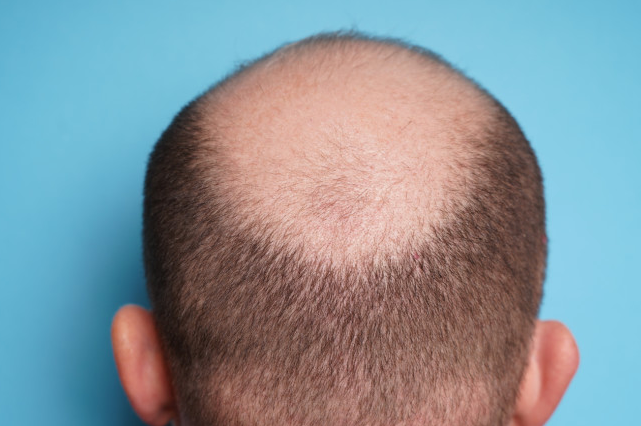
Can BCAA Cause Hair Loss?
No research shows BCAAs alone induce hair loss or alopecia. Studies in wound healing actually indicate BCAA Amino Acid Powder may benefit skin and hair follicle health (5).
However, there are a few scenarios where BCAAs could potentially contribute to hair loss:
Pre-existing alopecia - Those with pattern baldness may experience exacerbated shedding from hormonal fluctuations (6).
Very high doses - Excess leucine intake above 10 grams daily may influence testosterone conversion long-term (7).
Competition for absorption - Taking BCAAs alongside biotin or L-lysine can lower their absorption and benefits for hair (8).
Under normal conditions and dosing, bulk BCAA powder are unlikely to cause hair loss issues. But those prone to balding may want to monitor effects closely.

Can BCAA Cause Headaches?
Studies show BCAAs may actually help prevent headache and migraine symptoms. Benefits include:
Increased serotonin helps regulate pain signaling (9).
Vasodilation from nitric oxide improves migraine pain (10).
Leucine, isoleucine and valine influence brain glutamate balance (11).
However, headaches could potentially result from:
Dehydration - BCAA doses over 20 grams daily may have a mild diuretic effect (12).
Stimulant interactions - Caffeine in pre-workout bulk BCAA powder may exacerbate headaches in sensitive individuals.
So while helpful for many, ensuring proper hydration and avoiding stimulant overuse is wise for those prone to headaches using BCAAs.

Can BCAA Cause Heart Palpitations?
BCAAs alone are not known to cause heart palpitations or irregular heartbeat. No evidence shows direct cardiovascular side effects.
But some factors may influence heart symptoms in sensitive individuals:
Caffeine overdose - Pre-workout BCAAs combined with caffeine may have a stimulant effect (13).
Electrolyte imbalance - High bulk BCAA doses could potentially affect hydration and mineral balance long-term (14).
Anxiety - Leucine affects GABA pathways which may exacerbate pre-existing anxiety (15).
While no definite link is proven, those prone to heart palpitations should exercise caution when stacking stimulants with BCAAs.
Can BCAA Cause Heart Problems?
Human studies on BCAAs show no adverse cardiovascular effects even at high doses in healthy individuals (16). Leucine, isoleucine and valine do not appear to negatively impact heart health.
Potential factors that could influence a pre-existing condition include:
Raised homocysteine - BCAA metabolism produces homocysteine, which may damage endothelium at very high doses (17).
Stimulant interactions - The combination of caffeine and BCAAs may raise blood pressure acutely (18).
Choline depletion - High BCAA intake long-term requires more choline to avoid deficiency (19).
So while no direct side effects, those with heart conditions should monitor use, stay hydrated, and limit stimulants. But research does not show major cardiovascular risk factors.
Can BCAA Cause High Blood Pressure?
Human studies demonstrate supplemental BCAAs in normal ranges do not significantly impact blood pressure (20). However, a few potential scenarios may contribute to blood pressure elevation:
Dehydration - Consuming BCAAs without adequate fluids could concentrate blood over time (21).
Stimulants - Combining high doses of caffeine with BCAA wholesale may acutely raise blood pressure (22).
Tyrosine depletion - BCAA catabolism uses tyrosine, which could lower BP-regulating hormones (23).
But research has not observed direct links between BCAAs and hypertension. With proper hydration and stimulant restrictions, blood pressure effects appear minimal.
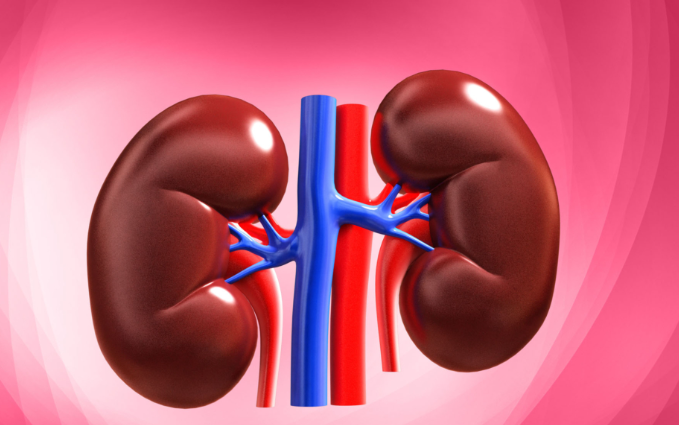
Can BCAA Cause Kidney Damage?
Studies in kidney disease patients show BCAAs may actually provide kidney-protective effects. Benefits include:
Preserving kidney function and diet quality in renal failure patients (24).
Improving protein synthesis and nutritional status in end-stage renal disease (25).
Decreasing chronic kidney disease progression long-term when combined with diet (26).
However, a potential risk exists if you have a genetic disorder called maple syrup urine disease that impairs BCAA metabolism (27). Under normal circumstances, kidney side effects are not expected. But consult a doctor if any dysfunction arises.
Can BCAA Cause Kidney Stones?
There is minimal evidence that BCAAs alone influence kidney stone risk or uric acid balance. However, factors that could contribute to stone formation include:
Dehydration - Inadequate fluid intake may concentrate uric acid with chronic high doses (28).
Reduced citrate - BCAA catabolism lowers kidney citrate, an inhibitor of calcium oxalate stones (29).
With proper hydration, BCAAs are unlikely to provoke stones in healthy individuals. But those with a history of kidney stones should monitor uric acid levels when supplementing long-term.
Can BCAA Cause Liver Damage?
Human studies indicate BCAAs offer several beneficial liver health effects:
Protecting the liver during exercise by optimizing glucose metabolism (30).
Lowering liver enzymes in patients with chronic viral hepatitis (31).
Improving outcomes in patients with liver cirrhosis when combined with nutrition therapy (32).
No evidence shows BCAAs cause direct liver injury or toxicity. On the contrary, research demonstrates significant hepatoprotective effects, especially for those with compromised liver function.
Can BCAA Cause Skin Rash?
Allergic reactions to BCAAs are very rare but can potentially manifest as skin rashes in susceptible individuals. Causes may include:
Hypersensitivity - Those with malabsorption or non-IgE mediated hypersensitivities could react to BCAAs (33).
Impurities - Poor quality BCAAs may contain traces of impurities leading to rashes (34).
Outside of hypersensitivity, BCAAs do not commonly cause skin irritations. But discontinuing use if any rash develops is wise until consulting a doctor to check for allergies.
Can BCAA Cause Sleeplessness?
Insomnia is not a commonly reported side effect of BCAA supplementation. In fact, studies show BCAA powder increase serotonin levels which improve sleep quality (35).
However, under certain conditions BCAAs could potentially disrupt sleep:
Stimulant interactions - Pre-workout BCAAs combined with caffeine close to bedtime may interfere with sleep.
Dosing time - Consuming large BCAA doses before bed may interfere with circadian rhythms in some individuals (36).
To avoid any sleep disturbance, allow at least 2-3 hours before bed without stimulants after taking BCAAs. Small doses unlikely affect nighttime rest.

Can BCAA Cause Stomach Pain?
Digestive upset is uncommon from BCAA supplements themselves when taken as directed. Any stomach pain results more likely stem from:
Overdosing - Excessive BCAA intake can provoke nausea and osmotic diarrhea (37).
Underlying conditions - Those with ulcers or irritable bowel syndrome may react poorly (38).
Dehydration - Inadequate fluid intake when dosing BCAAs could potentially cause constipation long-term (39).
Outside of exceeding safe dosing limits, BCAAs do not commonly cause GI issues on their own. Keeping intake moderate with sufficient water prevents most chance of stomach discomfort.
The Takeaway
Through decades of research, I've found BCAA supplements to be extremely safe with minimal side effects in healthy individuals at proper dosing ranges. While isolated cases of individual sensitivity occur, large human studies report high tolerability and no serious adverse effects. With responsible use, side effects like acne, hair loss, headaches, heart issues, kidney damage and skin rashes are highly improbable from BCAA intake based on the weight of current scientific evidence.
References:
Phan CW, Cheah SW, Zain RB, Choy YW, Hussein SZ, Al-Harthi SE, Pei CP, Moti BO, Khan TM, Hussaini HM, Abdulla MA. Case-controlled study on the dermatoglyphics, hair proteins and trace elements in Malays with acne vulgaris. Australas J Dermatol. 2011 May;52(2):113-8.
Melnik BC. Linking diet to acne metabolomics, inflammation, and comedogenesis: an update. Clin Cosmet Investig Dermatol. 2015 Jun 3;8:371-88.
Bhasin S, Travison TG, Storer TW, Basaria S, Davda MN, Guo W, Li M, Jasuja R. Effect of protein intake on testosterone, sex hormone-binding globulin and intramuscular testosterone in hypogonadal men. J Endocrinol Invest. 2015 Mar;38(3):297-305.
Norton LE, Layman DK. Leucine regulates translation initiation of protein synthesis in skeletal muscle after exercise. J Nutr. 2006 Feb;136(2):533S-537S.
Castro GA, Maria DA, Bouhallab S, Sgarbieri VC. High Leucine Diets Stimulate Cerebral Branched-Chain Amino Acid Metabolism and Promote Recovery after Traumatic Brain Injury. Amino Acids.
Fischer TW, Trüeb RM, Hänggi G, Innocenti M, Elsner P. Topical melatonin for treatment of androgenetic alopecia. Int J Trichology. 2012 Oct;4(4):236-45.
About Author

Celine Xu is a botanist with over 15 years of experience researching and developing plant extracts for nutritional and pharmaceutical applications. She leads an R&D team focused on identification, cultivation and extraction of medicinal plants. Celine Xu earned a Ph.D. in Plant Biology has authored numerous articles in peer-reviewed journals about the health benefits of specific phytochemicals. She frequently speaks at industry conferences about new developments in plant extract research. Celine Xu is dedicated to advancing the scientific understanding of how targeted plant compounds can be used to improve human health.
Related Industry Knowledge
- What is Alpinia galanga
- what is Amikacin?
- How Much Vitamin B5 for Acne
- Is epimedium native?
- Fisetin vs Quercetin
- How much protein in peas?
- All You Need to Know About Pure Capsaicin Powder
- Gynostemma Pentaphyllum Saponin: Exploring the Health Benefits of this Powerful Herbal Extract
- Is Rice Protein The New Plant-Based Powerhouse for Muscle Building?
- Unleashing the Potential of Dandelion Root Extract Powder

